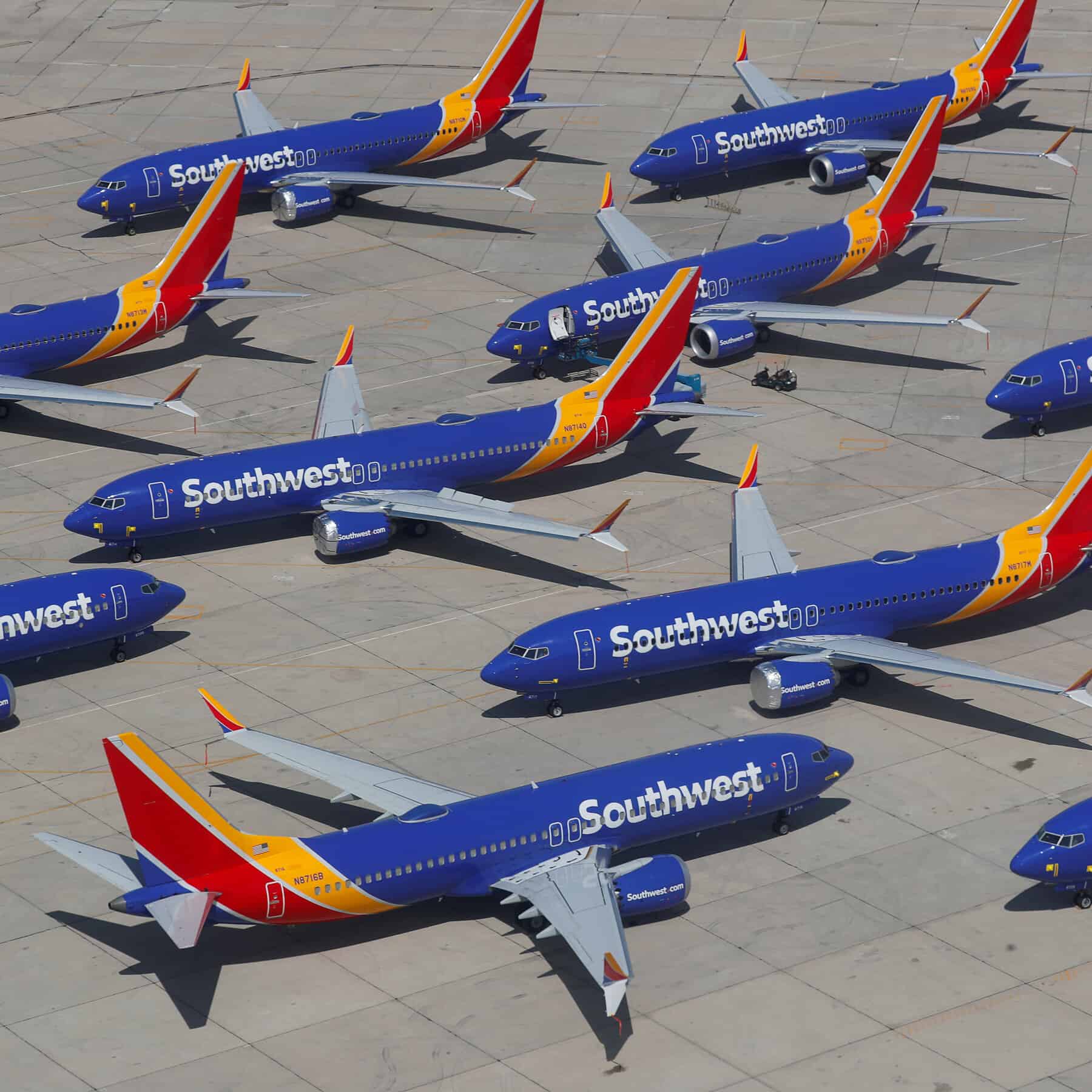
Tala Doumani is a student at Harvard Law School.
On Monday, the Supreme Court heard oral arguments in Southwest Airlines’s appeal to reverse a 7th Circuit ruling that held its workers suing the airline for overtime pay were exempt from the Federal Arbitration Act (FAA). The case, Southwest Airlines Co v. Saxon, is set to settle a circuit court split on how attenuated baggage supervisors are from interstate commerce.
The FAA requires the enforcement of employee arbitration agreements but exempts “seamen, railroad employees, or any other class of workers engaged in foreign or interstate commerce.” Southwest Airlines workers claim an exemption under this provision of the FAA as they “engage in interstate commerce” in their critical role of loading and unloading plane cargo. Southwest, on the other hand, argued that the exemption only applied to workers directly involved in the actual operation of the planes. In a parallel case involving Lufthansa Airlines, the 5th Circuit held the workers not exempt from the FAA. While a number of Justices appeared skeptical of Southwest’s reasoning, other members of the Court, including Justice Gorsuch, expressed discomfort with the employees’ definition of “engaging in interstate commerce” as opening the definition too broadly to encompass a myriad of workers.






Daily News & Commentary
Start your day with our roundup of the latest labor developments. See all
March 4
The NLRB and Ex-Cell-O; top aides to Labor Secretary resign; attacks on the Federal Mediation and Conciliation Service
March 3
Texas dismantles contracting program for minorities; NextEra settles ERISA lawsuit; Chipotle beats an age discrimination suit.
March 2
Block lays off over 4,000 workers; H-1B fee data is revealed.
March 1
The NLRB officially rescinds the Biden-era standard for determining joint-employer status; the DOL proposes a rule that would rescind the Biden-era standard for determining independent contractor status; and Walmart pays $100 million for deceiving delivery drivers regarding wages and tips.
February 27
The Ninth Circuit allows Trump to dismantle certain government unions based on national security concerns; and the DOL set to focus enforcement on firms with “outsized market power.”
February 26
Workplace AI regulations proposed in Michigan; en banc D.C. Circuit hears oral argument in CFPB case; white police officers sue Philadelphia over DEI policy.